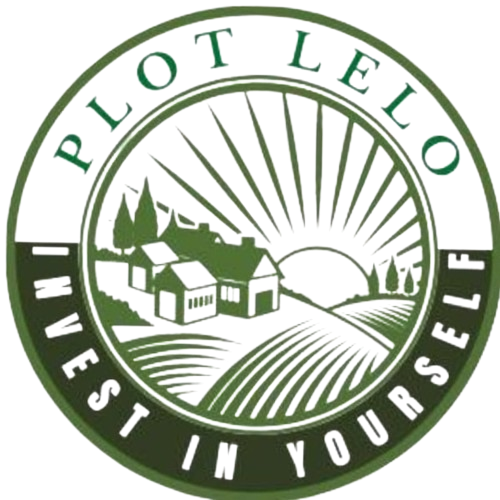Smart cities represent a paradigm shift in urban development, leveraging technology and sustainability to create efficient, connected, and livable environments that cater to the needs of residents and businesses alike.

Sustainable Infrastructure
Smart cities prioritize sustainable infrastructure by integrating green technologies, efficient transportation systems, and eco-friendly building practices into urban planning. This includes renewable energy sources, such as solar and wind power, green building materials, and innovative waste management solutions, to minimize environmental impact and promote long-term sustainability.
Digital Connectivity
High-speed internet, data analytics, and IoT devices play a crucial role in creating connected urban environments within smart cities. By harnessing the power of digital connectivity, cities can optimize resource allocation, improve public services, and enhance the overall quality of life for residents. IoT devices, in particular, enable real-time data collection and analysis, allowing cities to respond dynamically to changing needs and conditions.
Mixed-Use Development
Mixed-use developments are a key component of smart city planning, combining residential, commercial, and recreational spaces to promote walkability, diversity, and community engagement. By creating vibrant, mixed-use neighborhoods, cities can foster social interaction, support local businesses, and reduce reliance on cars, leading to more sustainable and inclusive urban environments.
Economic Opportunities
Investing in real estate projects within smart cities offers a range of economic benefits, including job creation, innovation hubs, and increased property values. By attracting businesses, startups, and talent, smart cities stimulate economic growth and entrepreneurship, driving innovation and prosperity. Additionally, the implementation of smart technologies and sustainable practices can enhance property values and attract investment, further fueling urban development and economic opportunity.
In summary, smart cities represent a forward-thinking approach to urban development that prioritizes sustainability, connectivity, and economic growth. By embracing innovative technologies and holistic planning strategies, cities can create inclusive, resilient, and thriving urban environments that benefit residents, businesses, and the environment alike.
